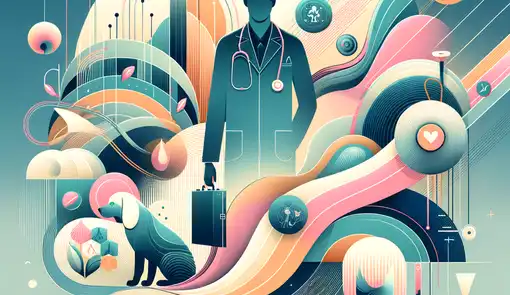INDUSTRY INSIGHTS
Veterinary Industry
Learn more about the Veterinary industry, read our articles and explore the job roles.
Latest Articles
Job Roles in Veterinary
The veterinary industry involves the care and treatment of animals by veterinarians.



































